The NIHR SPARC scheme offers NIHR Academy Members (PhD or early career post-doctoral researchers) supported by NIHR Infrastructure and NIHR Schools an opportunity to spend time in other parts of the NIHR; to network, train in a specific skill or collaborate with other researchers/specialists.
Please find advice from previous SPARC awardees below.

Marcella Montagnese
Home Institution: PhD Student - Kings’s College London (Maudsley Biomedical Research Centre)
Placement host: Cambridge Biomedical Research Centre
My SPARC placement helped me to learn new skills whilst receiving regular support with weekly supervisions. The research training I received provided an invaluable opportunity to learn state-of-the-art techniques that would have been difficult to learn without expert guidance.
It has strengthened my CV by showing my ability to seek out novel opportunities and develop independence in my research. My advice is to find a host with complementary skills and who can support you with ongoing supervision during your placement.
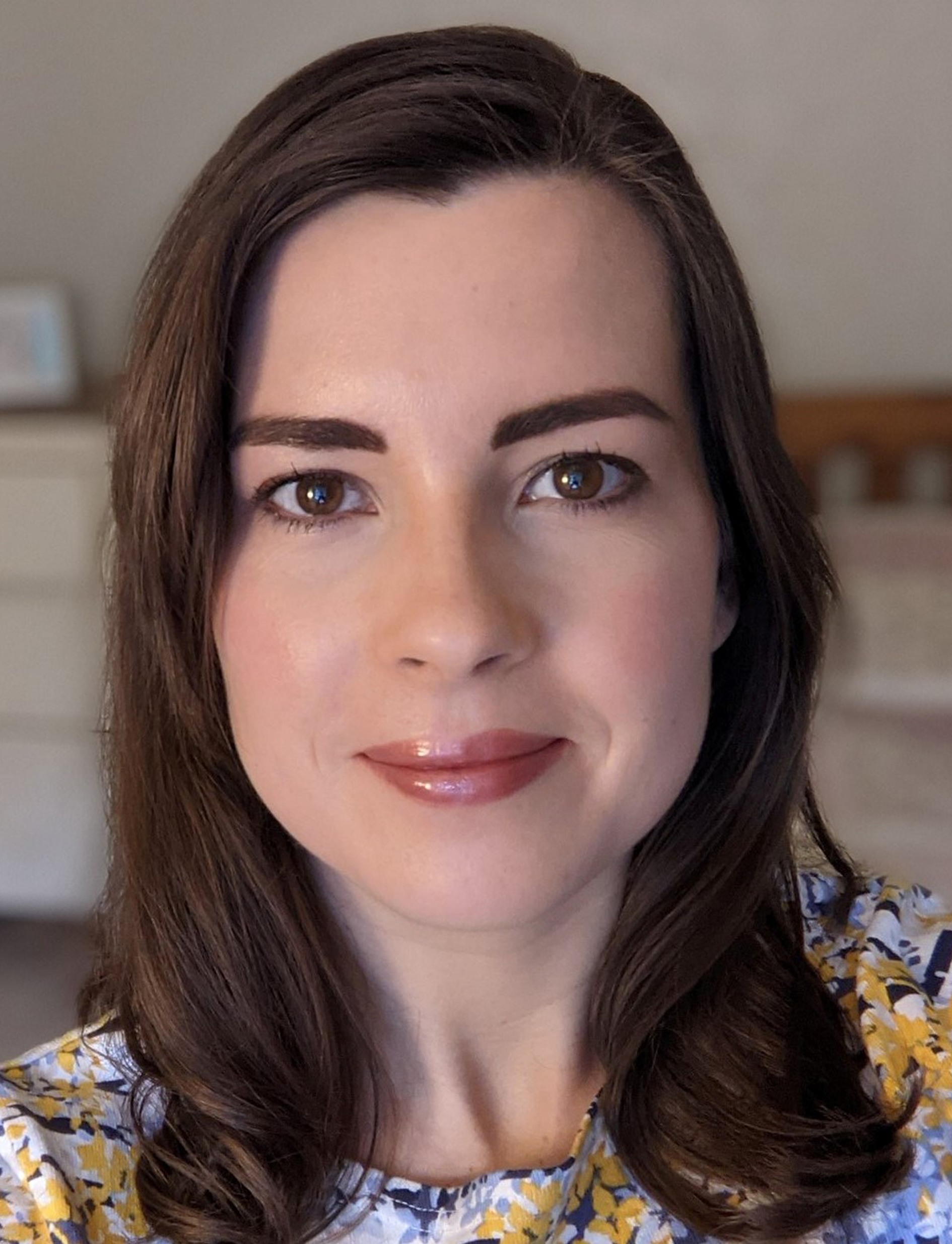
Caitlin Wilson
Home Institution: PhD Student - University of Leeds (Yorkshire and Humber Patient Safety Translational Research Centre)
Placement host: NIHR Incubator for Emergency Care/College of Paramedics - (University of Hertfordshire)
My SPARC placement paved the way for a long-term mentorship and brought about opportunities that would have otherwise remained hidden. I attended outstanding research training courses which I wouldn’t have had the time, support or financial resources to attend. These benefitted individual research studies from my PhD and my SPARC project, and also influenced my broader thinking and knowledge as an early career paramedic researcher.
I would encourage future applicants to apply to this scheme. The application process was good practice for future grant applications and allowed me to initiate conversations with senior clinical-academics.
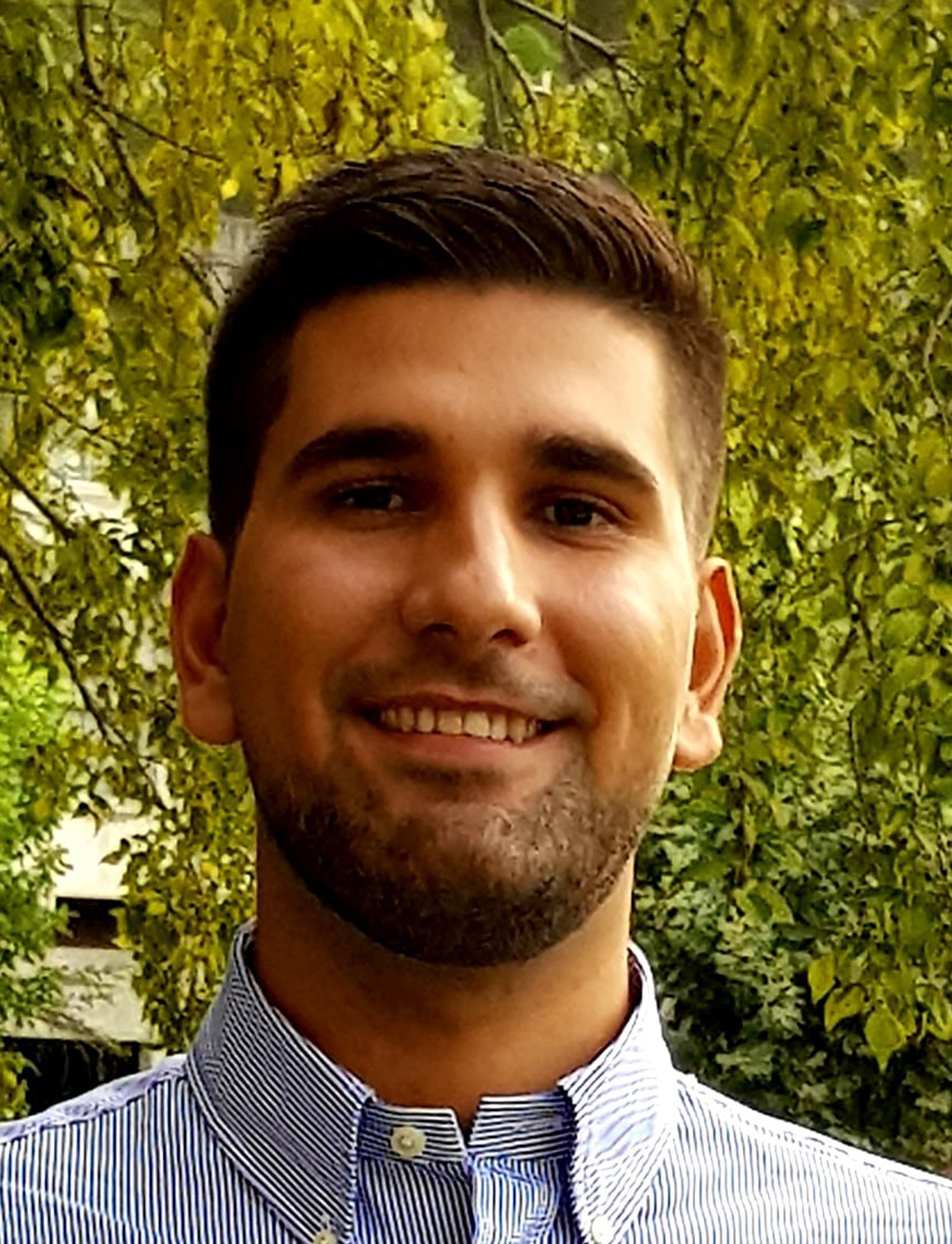
Mario Martínez-Jiménez
PhD Student - Lancaster University (School of Public Health Research)
Placement host: School of Public Health Research - Imperial College London
During my placement I presented my second PhD paper to different departments within Imperial (e.g., the School for Public Health or the Centre for Health Economics and Policy Innovation (CHEPI)),which provided an invaluable impact on the quality of my research. It allowed me to collaborate, network and build my research skills in a uniquely stimulating environment of pre-doctoral, PhD students and research associates working in similar areas.
It also enabled me to improve my analytical skills and knowledge in experimental economics thanks to my “host” supervisor, and learn more about extreme preterm births management thanks to my collaboration with the Imperial Chelsea and Westminster Hospital, which has been inspirational and motivational.
Choosing the right placement is crucial and I would advise thinking about where you want to go and who you would like to work with. I felt very welcomed during my placement at Imperial College Business School thanks to its dynamic environment.
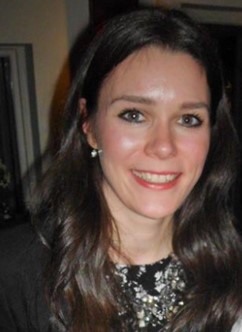
Clarissa Giebel
Home Institution: NIHR ARC North West Coast
Placement host: NIHR ARC North Thames
This scheme is definitely worth applying for – it allows you to link up with researchers and learn new approaches, and can create a long-lasting collaboration.
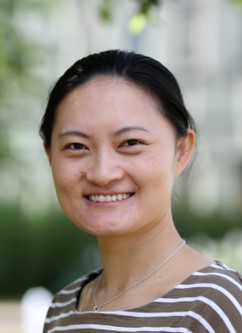
Lu Ban
Home Institution: Nottingham BRC
Placement host: NIHR Health Protection Research Unit (HPRU) in Gastrointestinal Infections at the University of Oxford
If the placement involves doing a research project which relies on getting external approval and or using external data, it is advisable to get such approval in place before starting the placement or build in enough time for it.

Daniel Stow
Home Institution: NIHR School for Primary Care Research
Placement host: ARC South London
Think carefully about where you want to go – identify a few key researchers in your field you would like to collaborate with. Be clear about what you want to gain from the experience and agree goals with the collaborative team in advance. Be prepared to ‘hit the ground running’, but I would encourage anybody to apply: it’s a brilliant opportunity, especially for junior researchers, to experience a new work environment, network with other people in your field.
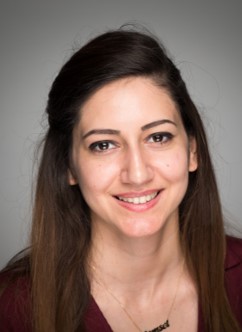
Cemsel Bafligil
Home Institution: Manchester BRC
Placement host: Cambridge BRC
Talk to a variety of people; including training leads and coordinators and supervisors in both home and host institutions, and the NIHR team are great source of information and can help. Give yourself enough time, not only to put a strong application together, but also to organise your move and all the logistics surrounding your placement. It is easy to get pulled back into work to do as much possible in this limited time away but it is crucial to allow yourself some down time to recharge.

Shazmin Majid
Home Institution: Nottingham BRC
Placement host: Maudsley BRC
I would advise applicants to really be clear in how this placement could help them and agree this with the host institution. Don’t be afraid to ask things, get to know people and really maximise this placement for you!

Lauren Ramsey
Home Institution: Yorkshire and Humber PSTRC
Placement host: ARC South London
I would recommend applying as the NIHR SPARC programme provides a great opportunity for a high quality and stimulating research training experience that not only brings benefits during the project, but ongoing opportunities to share expertise and collaborate.
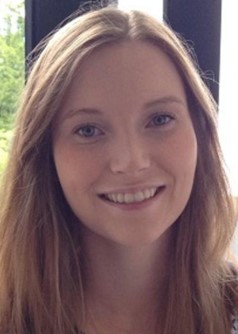
Abigail Albutt
Home Institution: Yorkshire and Humber PSTRC
Placement host: University of Leicester (wider NIHR linked NIHR RfPB programme funding)
The placement was a brilliant opportunity for me to work with a senior clinician and academic with expertise in my area of research. Conducting a research study with the support of my placement host has been an invaluable learning experience.
John Ford
Home institution: ARC East of England
Host institution: School for Primary Care Research
Think about what skills you can learn. I learnt a new statistical technique. Speak to lots of people about it – home and host institution, NIHR, colleagues and friends. Think creatively – start with where you want to get to (building collaboration and learning something interesting) and work backwards about how you will achieve it.
Thomas Cowling
Home institution: Imperial BRC
Host institution: School for Primary Care Research
Identify the skills you would like to develop & another research group that would be great to work with. The two will hopefully go hand-in-hand & form the basis of future work together.
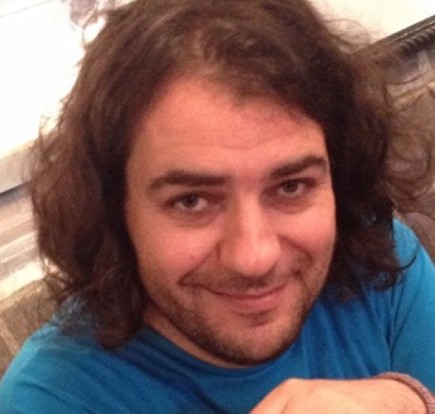
Angelos Bakogiannis
Home institution: ARC North West Coast University of Central Lancashire
Host institution: ARC North West Coast University of Lancaster
Be clear about objectives and anticipated outcomes (how this secondment is going to benefit not only the research project you are currently involved in but also your future career). Explicitly state this in your application. Present a detailed breakdown of all costs and provide meaningful justification for all the resources requested.
Louit Thakuria
Home institution: The Royal Brompton and Harefield Respiratory Biomedical Research Unit
Host institution: Southampton BRC
Get early involvement from your supervisors, both at your home and host institution; their input is really important. You will need their help to clearly define the objectives of the placement, and how you plan to achieve those objectives. They can also help you think about benefits to the host/home institutions, which I believe could help to make a stronger application.
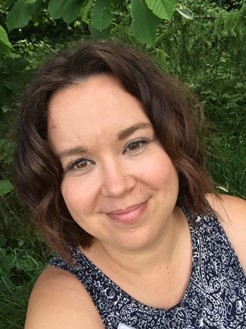
Kathryn Fackrell
Home institution: Nottingham BRC
Host institution: Leeds BRC
Really think about what you want to gain, and the amount time needed to achieve everything.
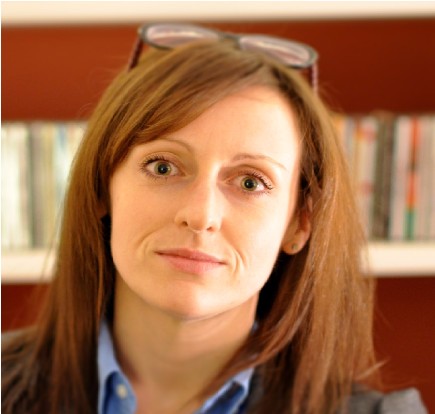
Amy Grove
Home institution: ARC West Midlands
Host institution: ARC Yorkshire Humber
I recommend picking up the phone and speaking with people at the site you intend to visit. I went up and met the team at Sheffield prior to putting in my application and we were able to get some good project ideas and plans. This strengthened my application and I could demonstrate that I had the network in place to make effective use of the time I would spend there.
Robert Pierzycki
Home institution: Nottingham BRC
Host institution: Manchester BRC
When planning your placement, account for time to access necessary systems so that everything is in place before you start. Be realistic, make sure your objective(s) are achievable within the duration of the placement. Having said that, be bold, talk to people and see what else there is to learn whilst at your host institution, with a bit of networking and planning you may be able to seize other opportunities.
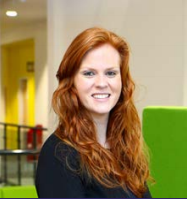
Naoimh McMahon
Home institution: ARC North West
Host institution: School for Public Health Research
Be ambitious! Don’t be afraid to approach high profile academics in your field if you feel you have something to offer and think it could be the right placement for you. Be flexible and plan a piece a work for your placement that will be of interest and benefit to both you and your host. Try and time your placement to overlap with good networking opportunities at your host institution e.g. a conference or event.
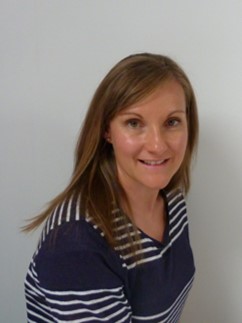
Laura Swaithes
Home institution: ARC West Midlands
Host institution: Bristol BRC
Try and find an institution that offers you a unique experience, something that you can't get at your home institution. Speaking with the host prior to applying is really worthwhile. My mentor highlighted so many additional opportunities to me that helped to shape my application.

Doug Hardmann
Home institution: School for Primary Care Research (Southampton)
Host institution: School for Primary Care Research (Oxford)
It is a great way to build networks and improve research. When applying it is useful to be really clear about proposed outputs, including potential publications. This may make it easier to attract collaborators. Overall, I would really encourage people to apply!

Gemma Spiers
Home institution: School for Primary Care Research (Newcastle)
Host institution: School for Social Care Research (London School of Economics)
I chose to undertake the placement in four separate one week visits over the space of one year. This was a pragmatic decision as I was unable to spend time away for four weeks at once. On reflection, I think a degree of continuity was lost with this approach. Perhaps a single visit of a shorter duration would better facilitate a sense of continuity within the placement. However, each visit was still a great experience.
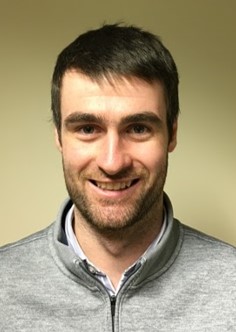
Mark Turner
Home institution: Leicester BRC
Host institution: Oxford Health BRC
My advice to future applicants would be to take the opportunity to be in a different research environment and research group. Depending on the project, spend as much time with your host group, both in and out of the work place.
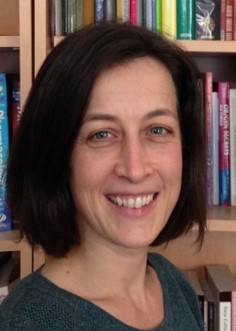
Rhiannon Macefield
Home institution: Bristol BRC
Host institution: Manchester BRC/ARC
Advice to future applicants would be to plan placement visits early on to ensure they are booked in and coincide with pivot points in the work. Have clear objectives about what can be done and what needs to be done to get maximum benefit for all parties. Also think beyond the placement and how the collaborations may lead somewhere, for example influence or support the wider research scene in each institution.
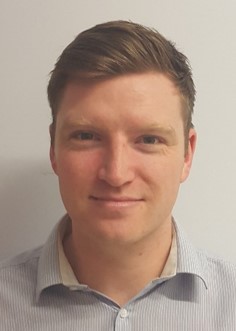
David Lunn
Home institution: Leeds BRC
Host institution: Newcastle BRC
I would say to ensure that you don’t leave yourself short at your home institutions ensuring that the collaboration can run in parallel with your current work.

Mable Nakubulwa
Home institution: ARC North West London
Host institution: ARC West Midlands
I am sure future recipients will appreciate it as much as I did, specifically because as researchers, they are afforded the funds, time and space to develop and learn new skills and develop collaborations for future work and disseminations. This was a brilliant experience and the work will continue beyond the placement.
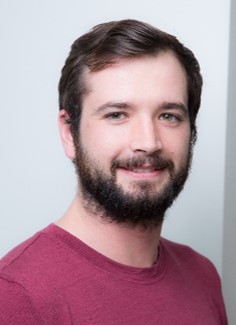
James Fullam
Home institution: ARC South West Peninsula
Host institution: ARC Oxford
I found the scheme to be very beneficial, both in terms training, and as an opportunity for fate-to-face collaboration with colleagues at another institution, enabled both in terms of time and funding. I would advise thinking carefully about the potential outputs of your placement, being both realistic about what can be achieved and how it will benefit you. Overall the experience was fantastic and has already been instrumental in career progression.
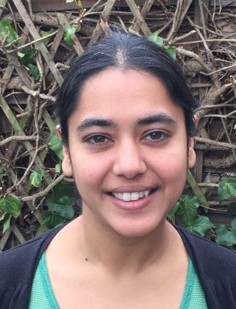
Meerat Kaur
Home institution: ARC North West London
Host institution: ARC South London
I really welcomed this award and think it is important to continue to offer this. This award was crucial in formalising and prioritising collaboration which otherwise may not have happened. It was less about the funds and more that the SPARC award represented a formal commitment to collaborate.





